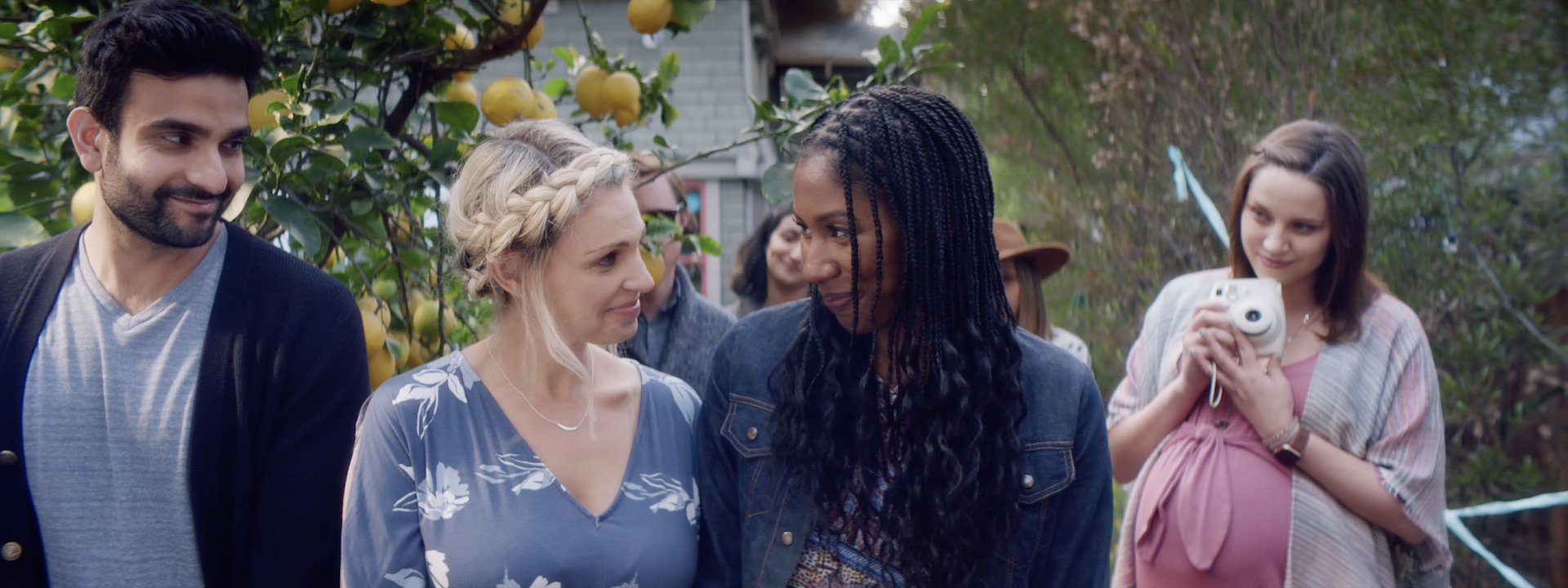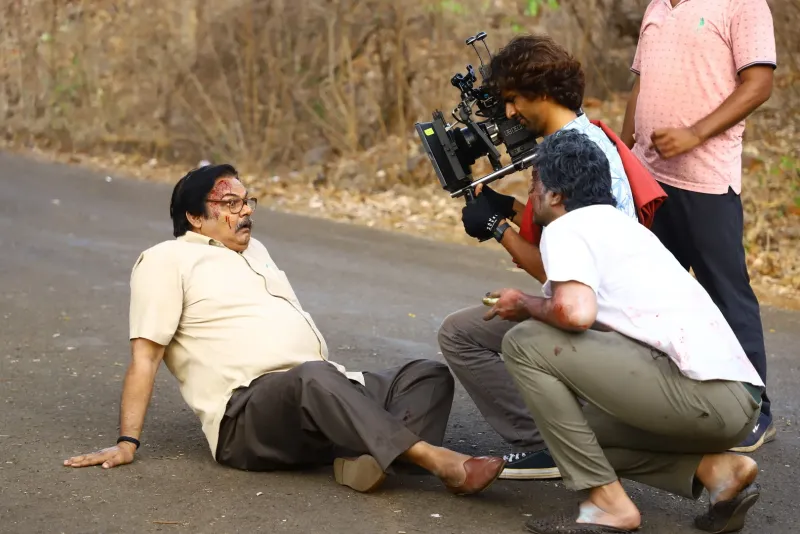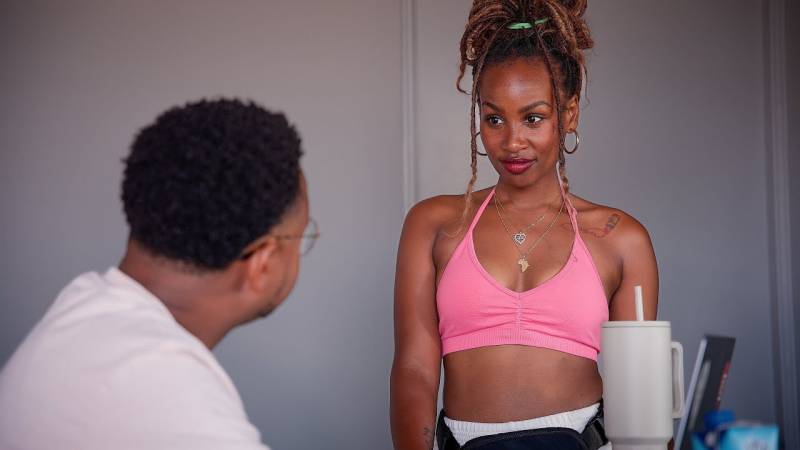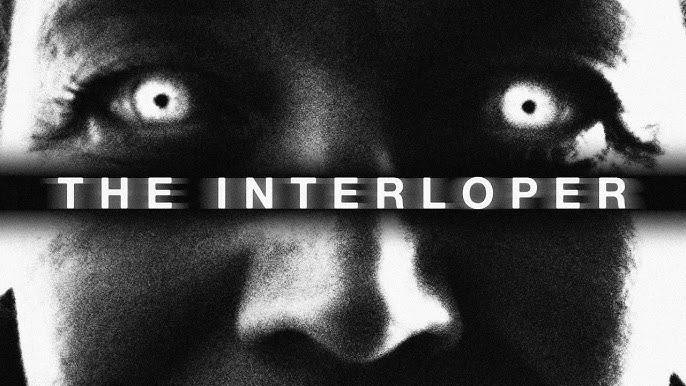Audre and her husband Jason are trying to start a family. But then Audrey attends her pregnant sister's party, full of kids and her sister's "Lamaze-ma" group. It's as if Audre has been dropped off on another planet, full of maternal domesticity. At the party, Audre deals with questions about being adopted, her fertility and her baby-making plans, often in off-putting and tone-deaf conversations. And as the afternoon turns into evening, Audrey must face and come to terms with her fears and ambivalence about pregnancy and motherhood. Written and directed by Ashley Paige Brim, this thoughtful short dramedy has a measured, almost gentle approach to knotty emotional territory. It weaves a character-centered narrative with lovely naturalistic visuals and a touch of quirky observational humor, offering insight into how identity, societal expectations, relationship dynamics and biology intertwine to Audre's decision to become a mother fraught with both longing and apprehension. It's also a deft portrait of the unique psychological cross-currents that adopted children navigate when they grow up and start families of their own.

The well-paced, perceptive writing is especially good at capturing the discomfort Audre feels when the private matters of getting pregnant and starting a family become communal conversation topics. That discomfort increases at her sister's party, captured in scenes that are both sharply observant about the social mores around women and fertility and dryly witty about people's lack of filter. Adding to the emotional complexity are Audre's unresolved feelings about her identity as an adopted child, particularly as a Black child adopted into a white family. Actor Diarra Kilpatrick juggles these many layers with a graceful, honest performance, made all the more compelling by how much she can't say. Faced with the milestone of becoming a mother herself, Audre must confront what it meant for her birth mother to give her up. "The Goldfish" doesn't end with any tidy conclusions, but rather with an open-ended line of inquiry for Audre as she grapples with her ambivalence. The film is less about easy answers, and more about an honest, heartfelt and wise representation of the vagaries of getting pregnant and becoming a parent. It's a deeply personal, often private conversation, or even a battle, as many dealing with infertility can attest. It's also an enormous undertaking and transformation -- a common one, but also quietly earth-shattering in its capacity for both joy and sorrow.



